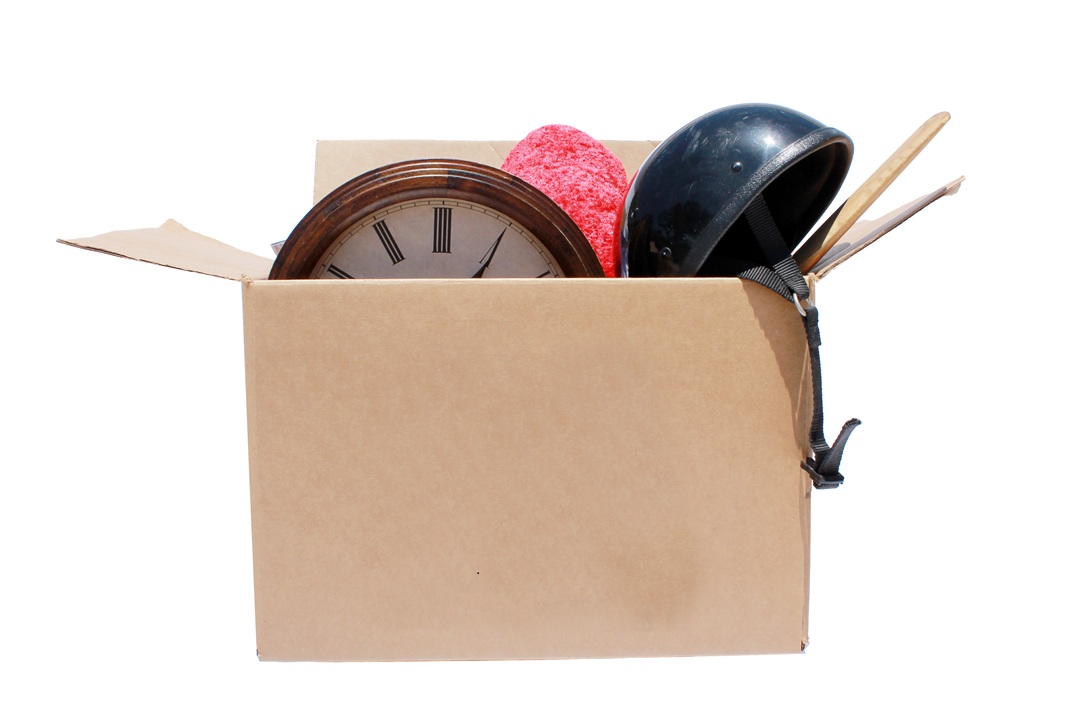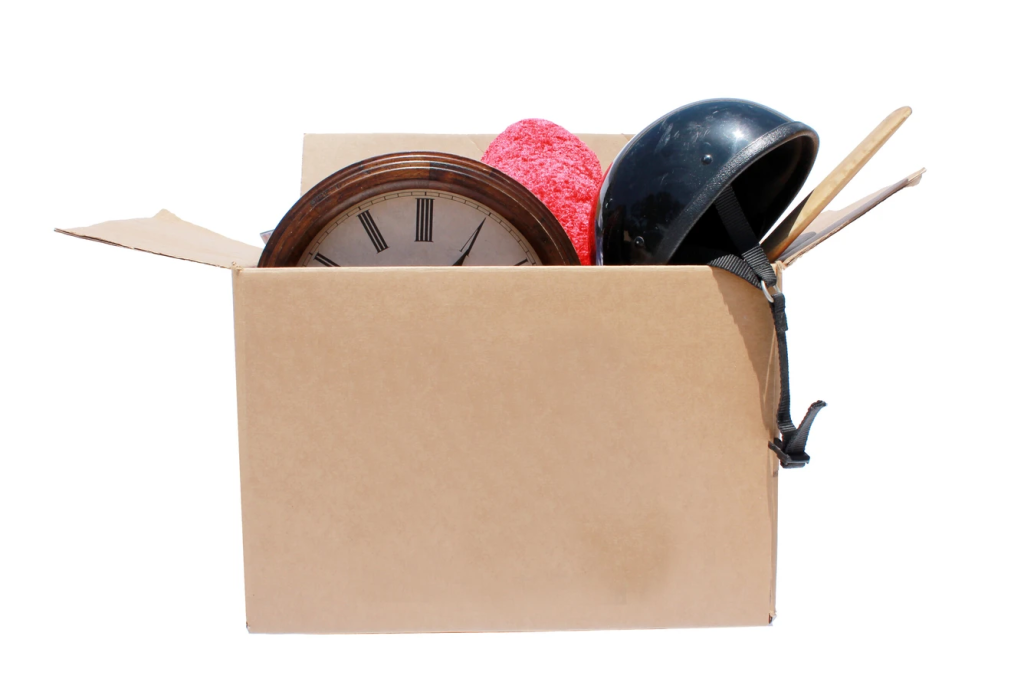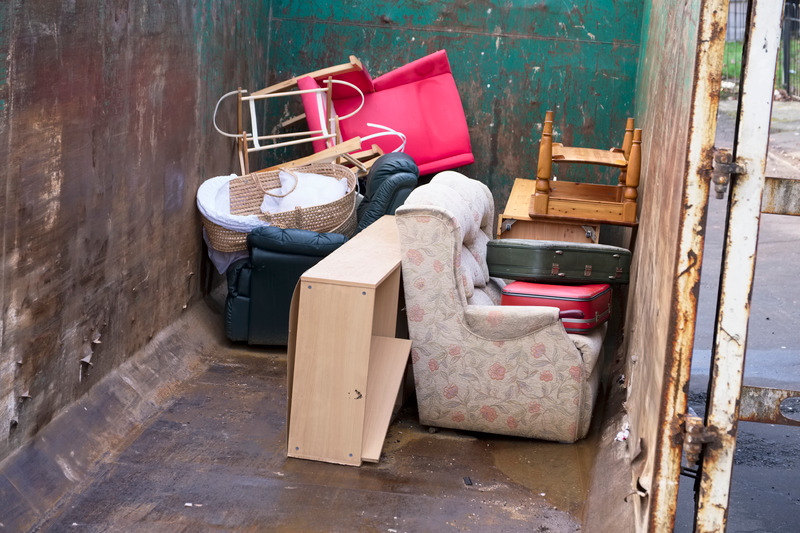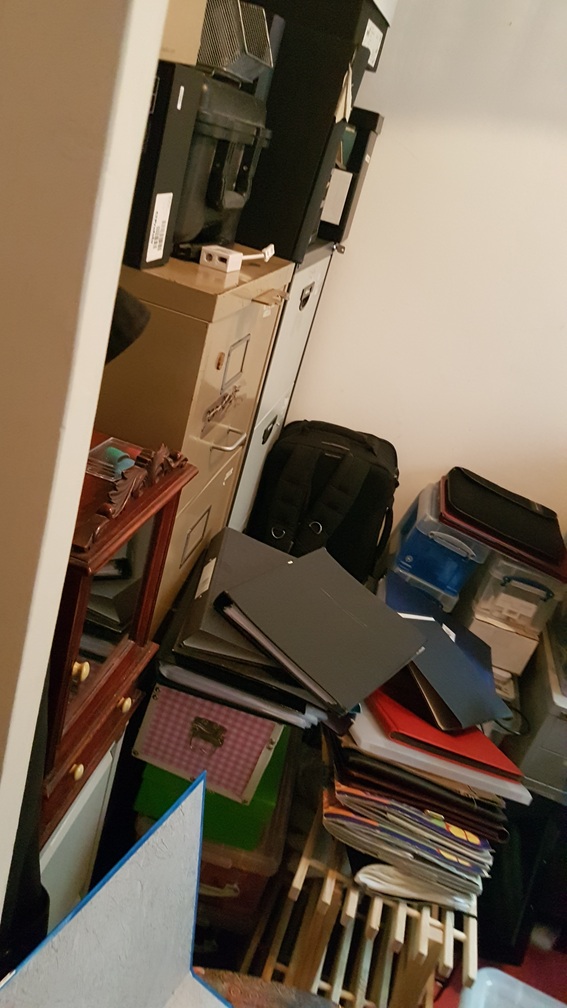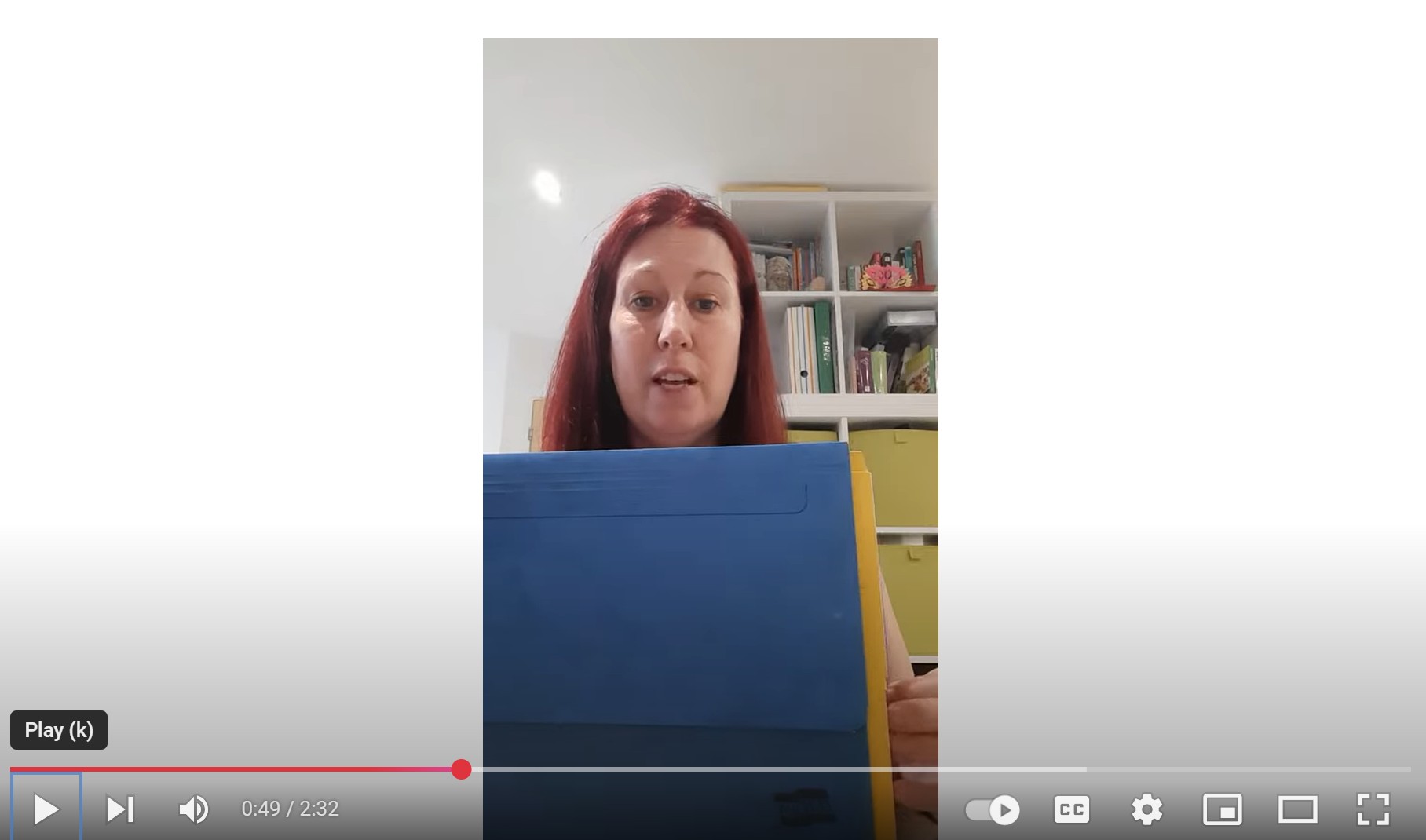
Some people find the act of decluttering simple, and some find it very difficult. It can be a bit like baring your soul to a counsellor – difficult at first, but rewarding as you spend more time doing it, and something that will open you up to new possibilities at home and in your life as you let go of your ‘stuff’.
When we are decluttering with clients, we find that we are operating in a similar role to that of a counsellor. We hear so much about clients’ memories, both good and bad, and about their families and their families’ experiences. It can really help to talk about these things to help process memories and allow items to be given away and rehomed. Memories can be fun, or they can be a reminder of painful times, and sometimes talking about those difficult memories are the most important in helping you let go of items.
If the idea of talking to someone about your life or getting them to help you in your home seems tricky, then one easy way to start decluttering, is to implement the ‘one in one out’ policy. If you buy a book, give away a book you already own. If you buy a new dress, give away a dress you own. If someone gives you a candle, give away (or quickly use!) a candle. If they give you a mug, give away a mug. People don’t know that you’ve given away something they gave you. If it gave you pleasure when you received it, it’s done its work and you can let it give someone else pleasure now.
To help other people minimise their clutter, when you give presents, give people experiences (theatre, a meal out, a cinema ticket) or things that are consumable (food, drink, flowers). There are many subscriptions you can get for consumable gifts.
If you need help to make a start, either by having a declutter plan or having someone be with you, do get in touch and we can book in an exploratory call.







